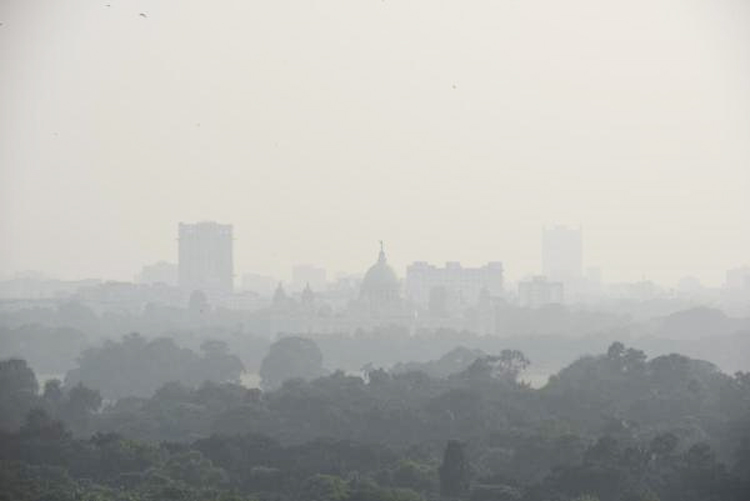The Bengal government should immediately set its targets and prioritise areas of funding if it wants to combat climate change, a climate scientist associated with the Intergovernmental Panel for Climate Change (IPCC) has said.
Joyashree Roy, a professor of economics at Jadavpur University and lead author of several IPCC reports, also said the coal cess generated from Bengal should come back to the state and be used in tackling climate change.
“The Union government has finalised or is in the process of finalising its targets to combat climate change as per the Paris agreement inked in 2015. As West Bengal is slated to have more impact, with the Himalayas in the north and the Sunderbans in the south, it should set stiffer targets for itself than the central target,” said Roy.
She was speaking on the sidelines of a workshop organised by IPCC, along with the state pollution control board and Jadavpur University,
at the Biswa Bangla convention centre in New Town on Thursday.
“Calcutta is definitely a city which faces high threat from climate change. We need to immediately decide how we will reduce the carbon footprint of the city and in which areas the city administration should invest,” she said.
Roy stressed the need for accepting a combination of mitigation and adaptation for the city. While mitigation means substantial change in action, adaptation is about making small adjustments to cope better with the changing world.
“The most important thing is to include climate change inputs within infrastructure related and other urban planning. We also need to do the climate resilience planning for Calcutta and the rest of Bengal, which is extremely vulnerable to climate change impacts,” said Anjal Prakash, another IPCC author.
On generating resources, Roy observed that the coal cess generated in Bengal should come back to the state and must only be used in tackling climate change. “Public finance mandates that the cess value should come back to the state and must be used in the sector from where it is generated. Hence, the coal cess should be used to clean up coal industry.”
Talking about climate change, pollution control board chairman Kalyan Rudra pointed out how mangroves played a key role in minimising the impact of Cyclone Bulbul.
“The Ganga-Bramhaputra-Meghna delta, which spreads across Bengal and Bangladesh, is extremely vulnerable to climate change. Recently, southern parts of Bengal got devastated by Bulbul. It was seen that the areas without substantial mangrove got more affected,” Rudra said.
An IPCC member showed how mangroves could withstand extreme climate impacts resulting from up to 4 degree Celsius rise in global temperature compared with pre-industrial period average.











